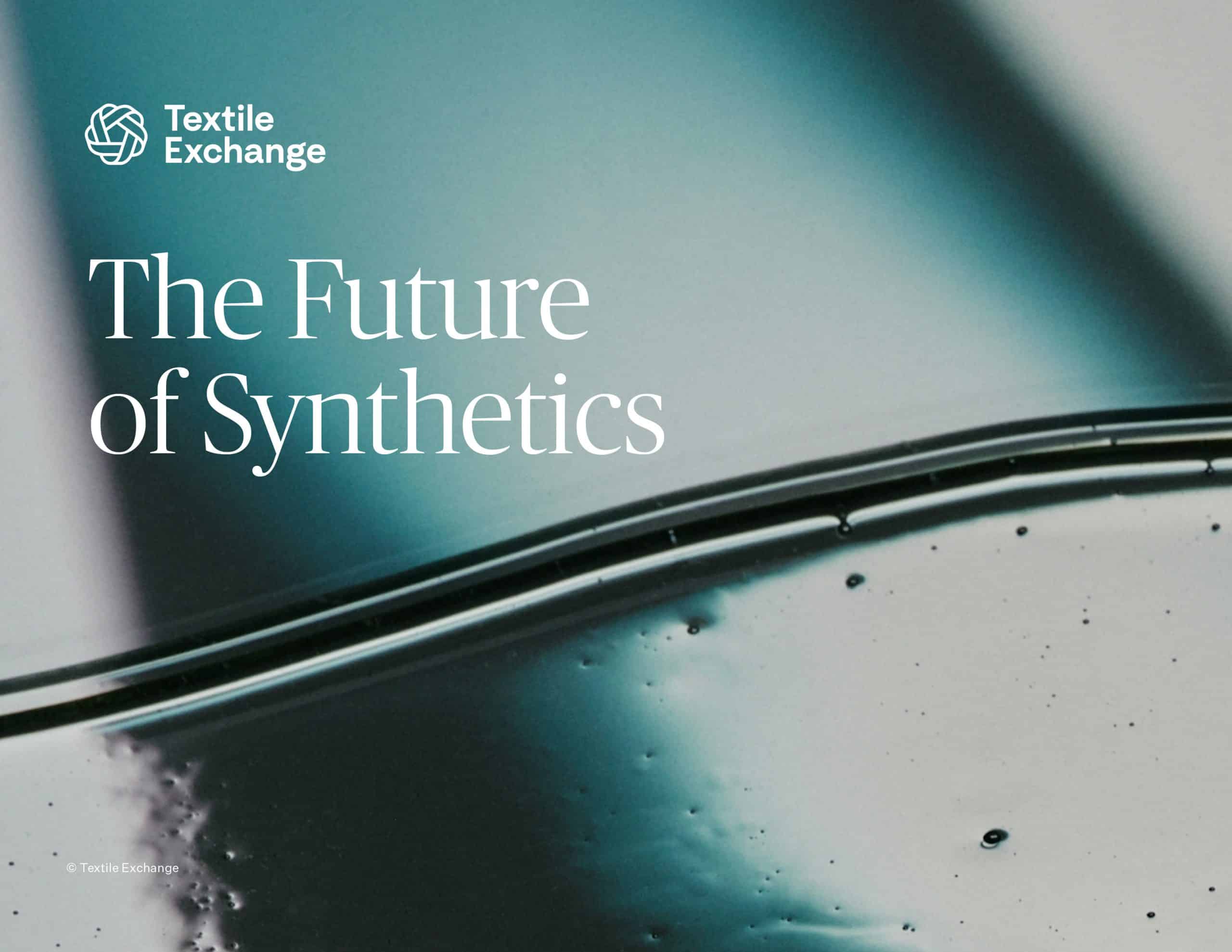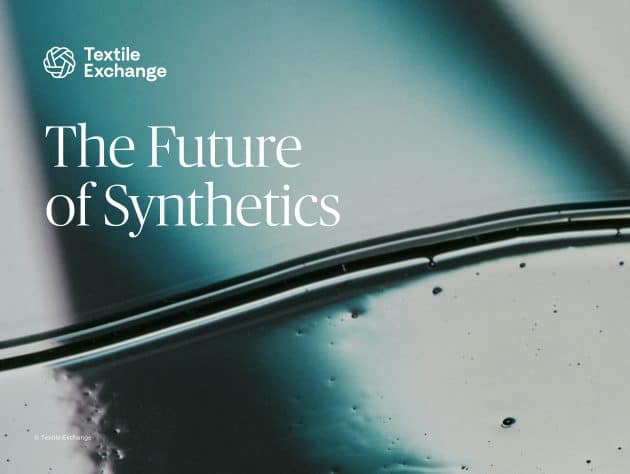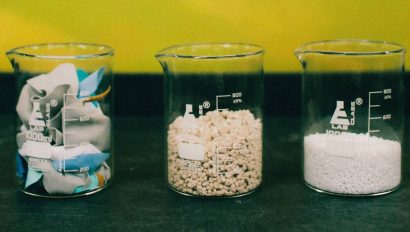The Future of Synthetics

The Future of Synthetics calls on the fashion, apparel, and textile industry to rapidly divest from new fossil fuel extraction to make synthetic materials, providing brands with guidance on how to do so.
The Future of Synthetics acknowledges that it will be critical for the industry to stop bringing new virgin fossil fuel-derived materials into the supply chain if it is to cut the greenhouse gas emissions currently associated with synthetic fibers and meet its climate targets.
With this report, we are advocating for increased interest and investment into the technologies that will facilitate the rapid substitution of fossil fuel-derived synthetics. A core recognition is that having viable alternatives available will enable the industry to realistically divest, unlocking this critical emissions reduction opportunity.
READ
Read the full report
The Future of Synthetics dives into the technologies and infrastructure that will facilitate the rapid substitution of virgin fossil fuel-derived synthetic materials to preferred solutions such as textile-to-textile recycling, biosynthetics, and carbon capture.

Discover the key takeaways
- Synthetic materials have dominated global fiber production since the mid-1990s. Polyester alone contributed the highest amount of GHG emissions of any single fiber in 2022, with 47 million tonnes of fiber responsible for an estimated 125 million tonnes of CO2e.
- However, a total shift away from synthetics to land-based raw materials – particularly at current production rates – could lead to an overreliance on and depletion of natural ecosystems. Additionally, the industry must find ways to repurpose existing synthetic textile waste, acknowledging the energy and emissions spent making these materials.
- Recognizing these realities, Textile Exchange advocates for a dual approach: identifying and investing in alternative ways to create synthetic materials using recycled or sustainably sourced renewable feedstocks, while also reducing the volume of new materials produced overall.
- Today, the mechanical recycling of PET plastic bottles is the most common alternative to virgin polyester. However, the industry must invest in scaling textile-to-textile recycling technologies for synthetics to create a truly closed-loop system, rather than relying on feedstocks from another industry.
- In addition to textile-to-textile recycling, the report looks at the more nascent opportunities associated with biosynthetics and carbon capture technologies, and their potential to help brands divest from fossil fuel extraction.


